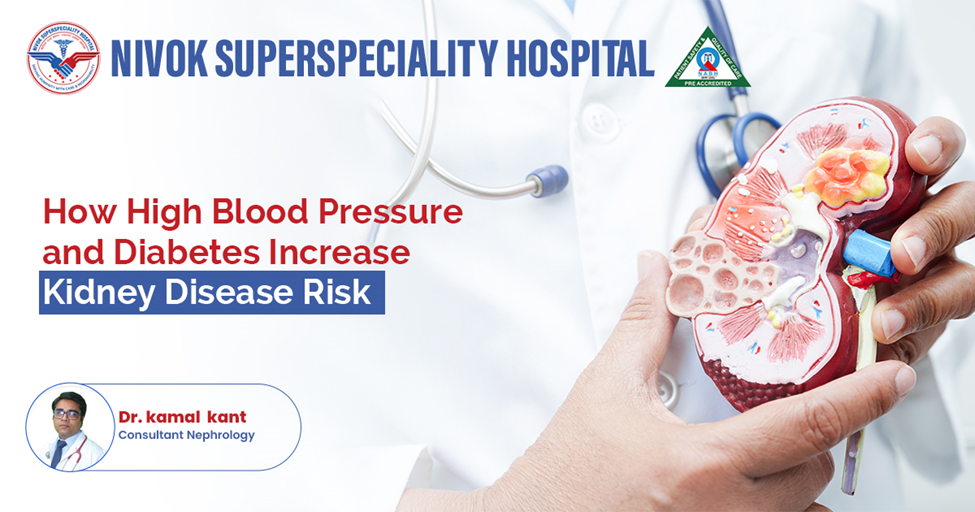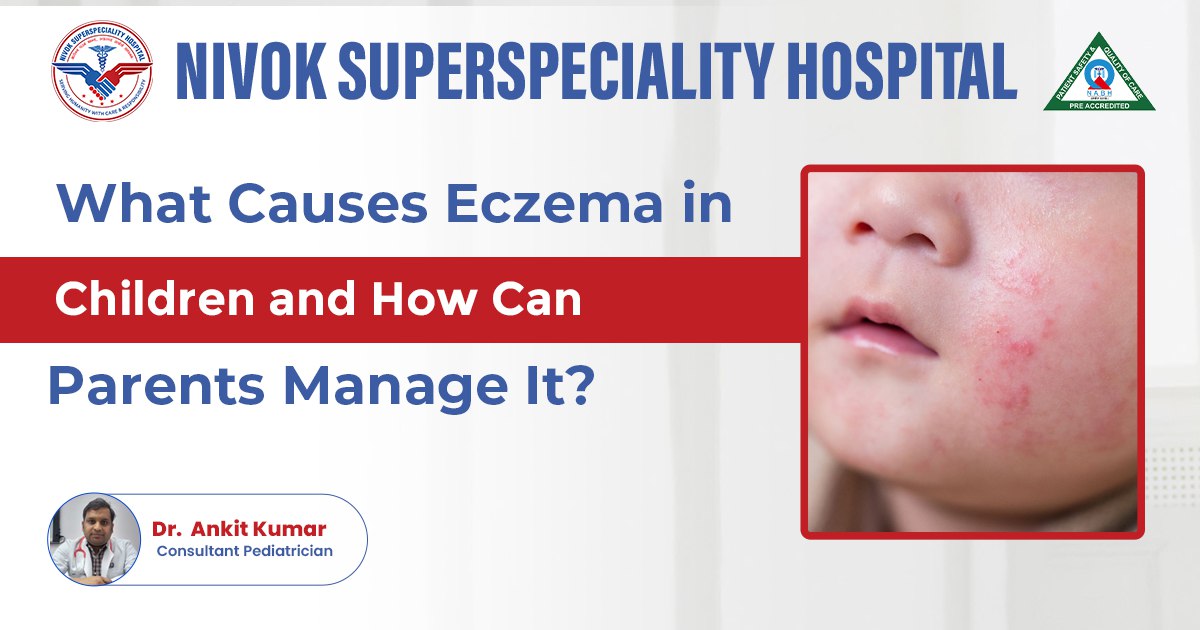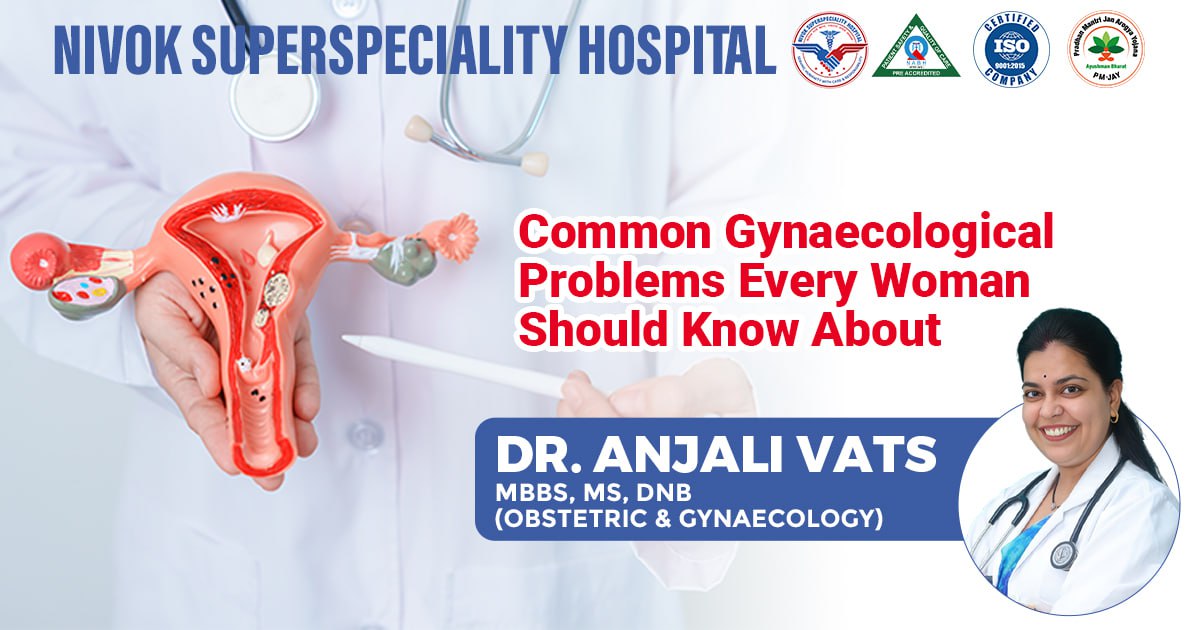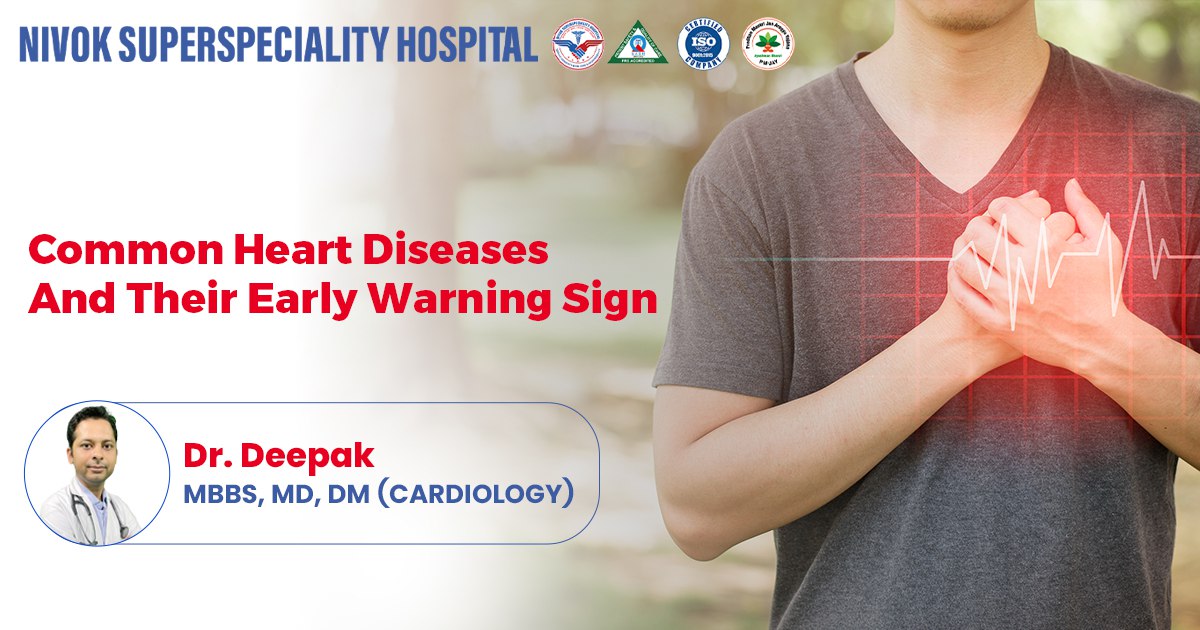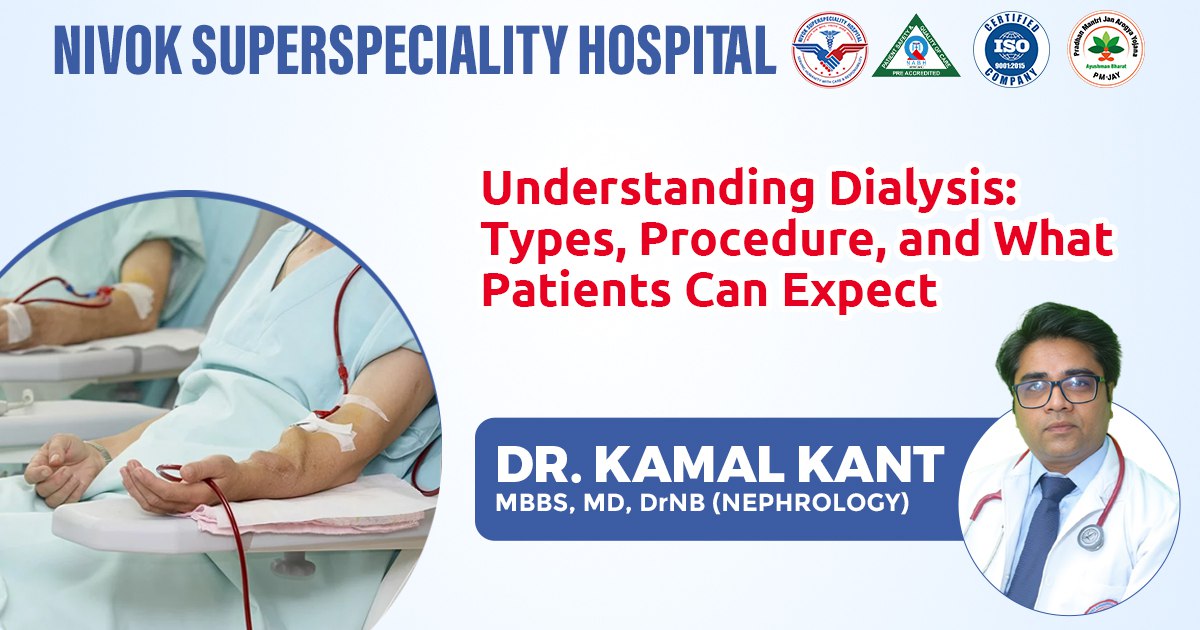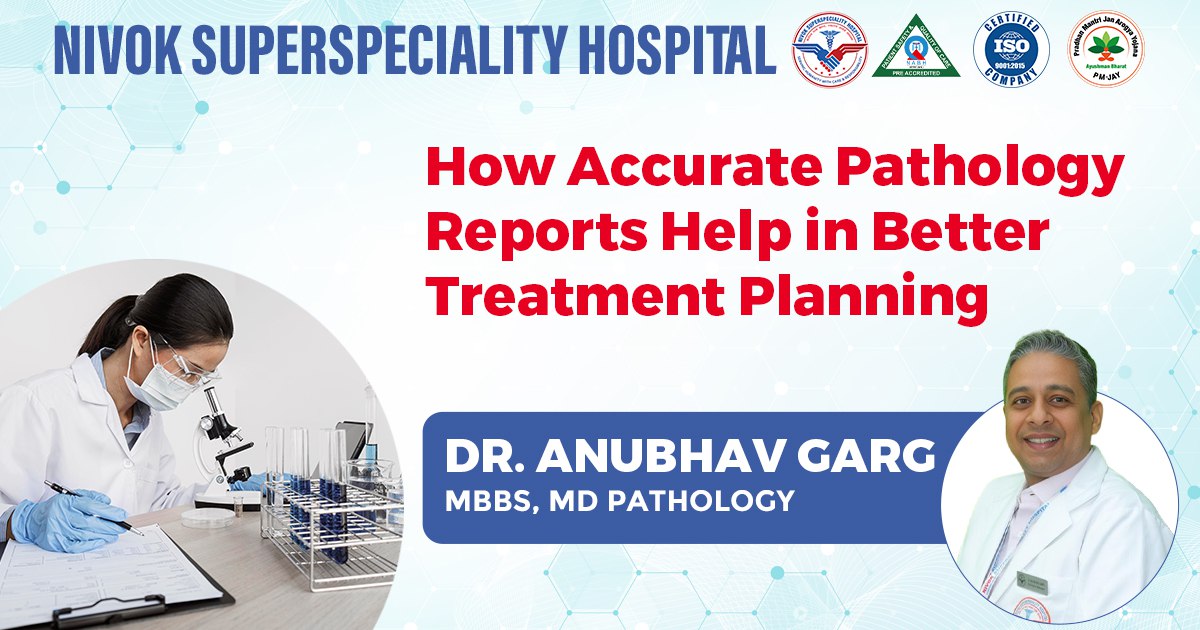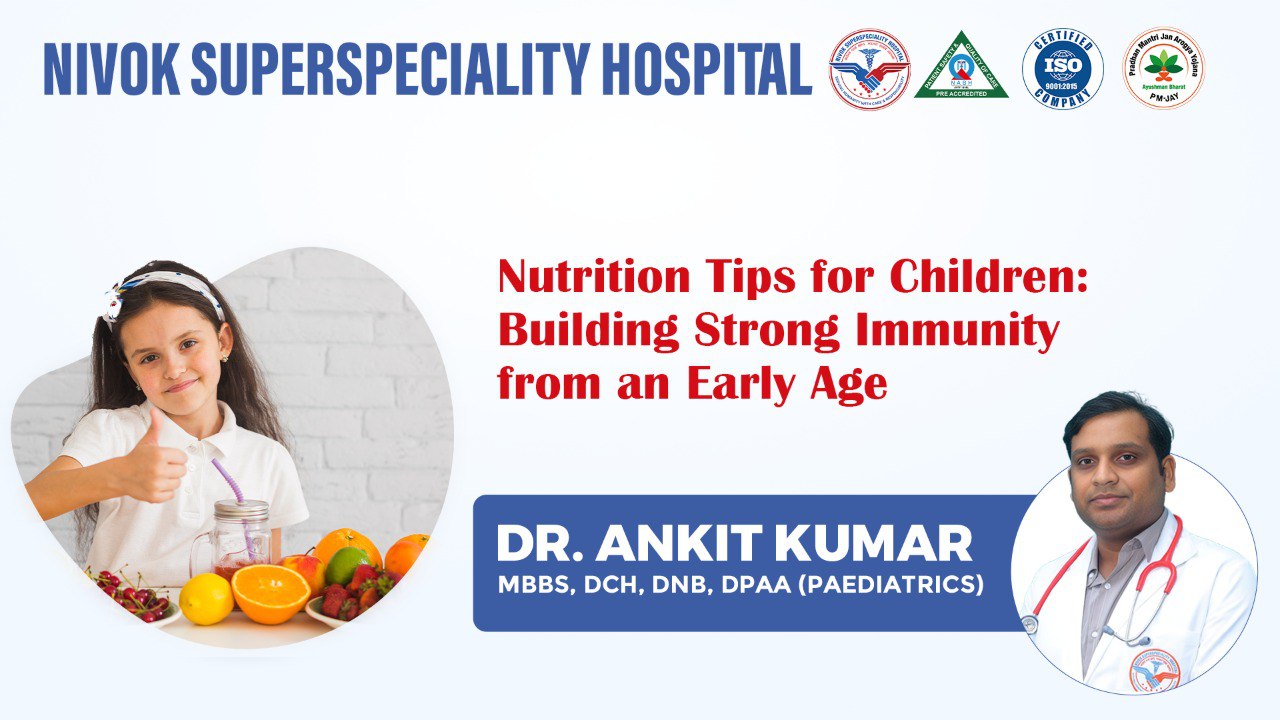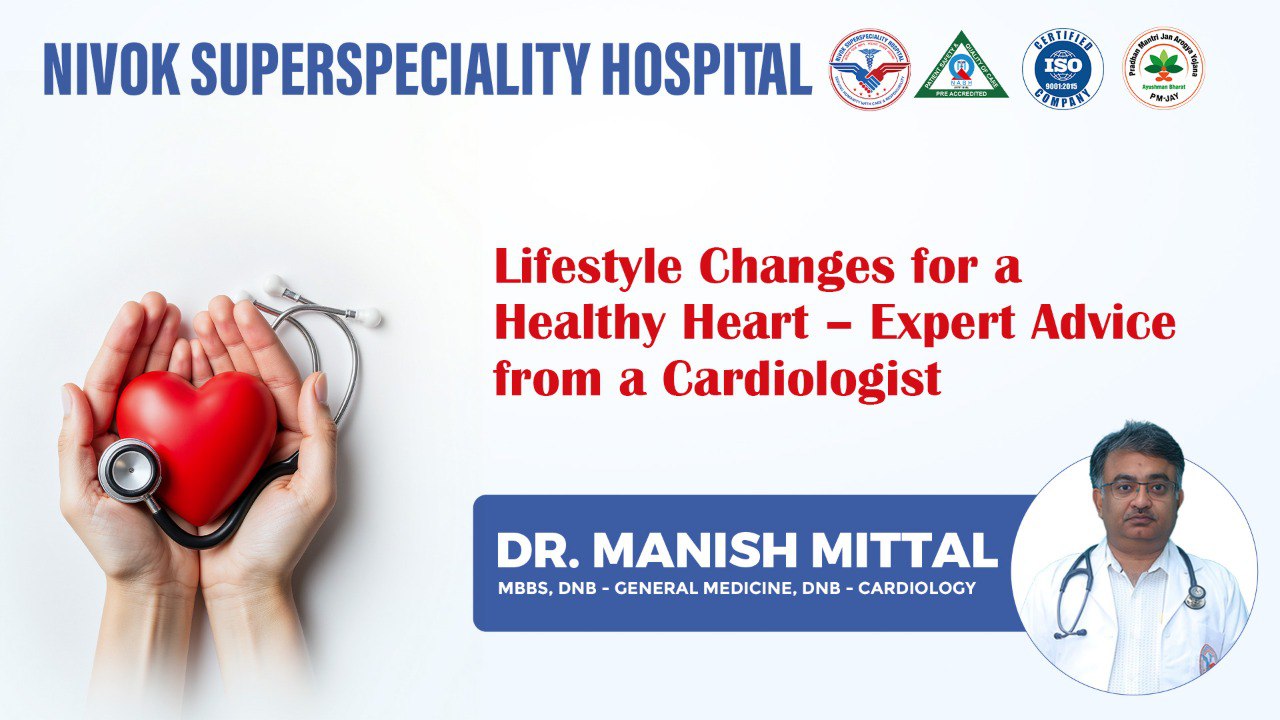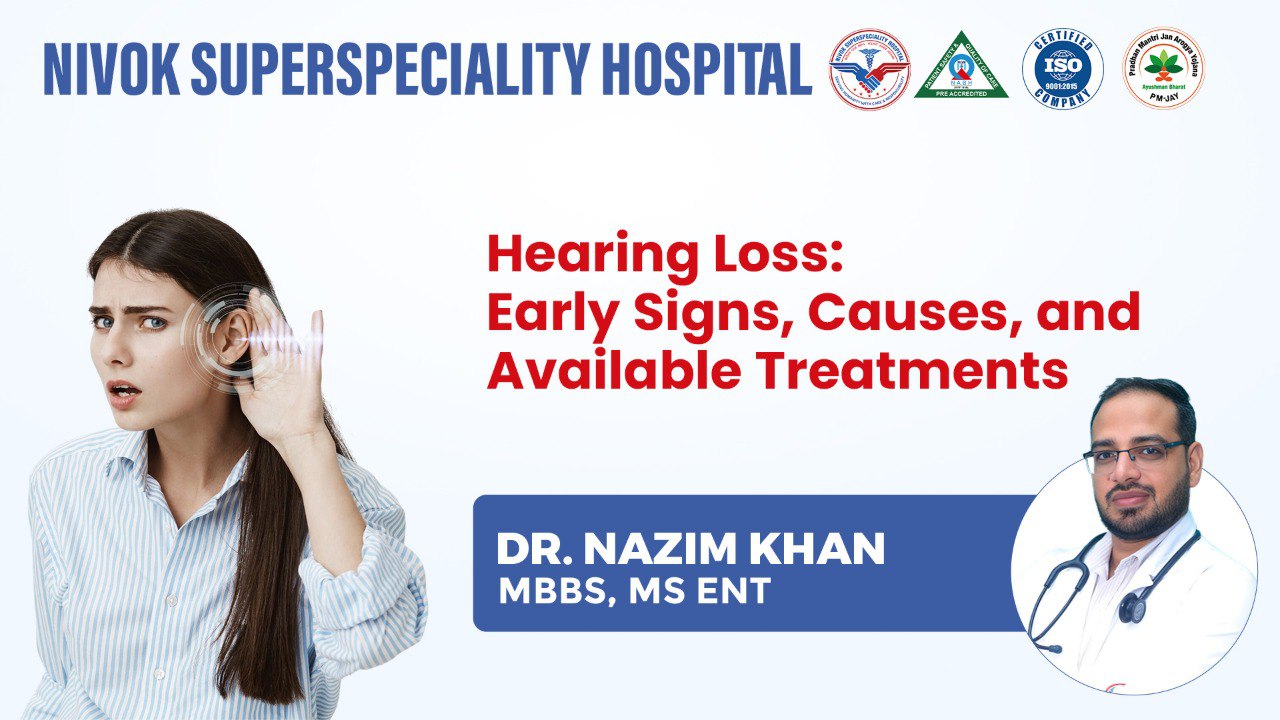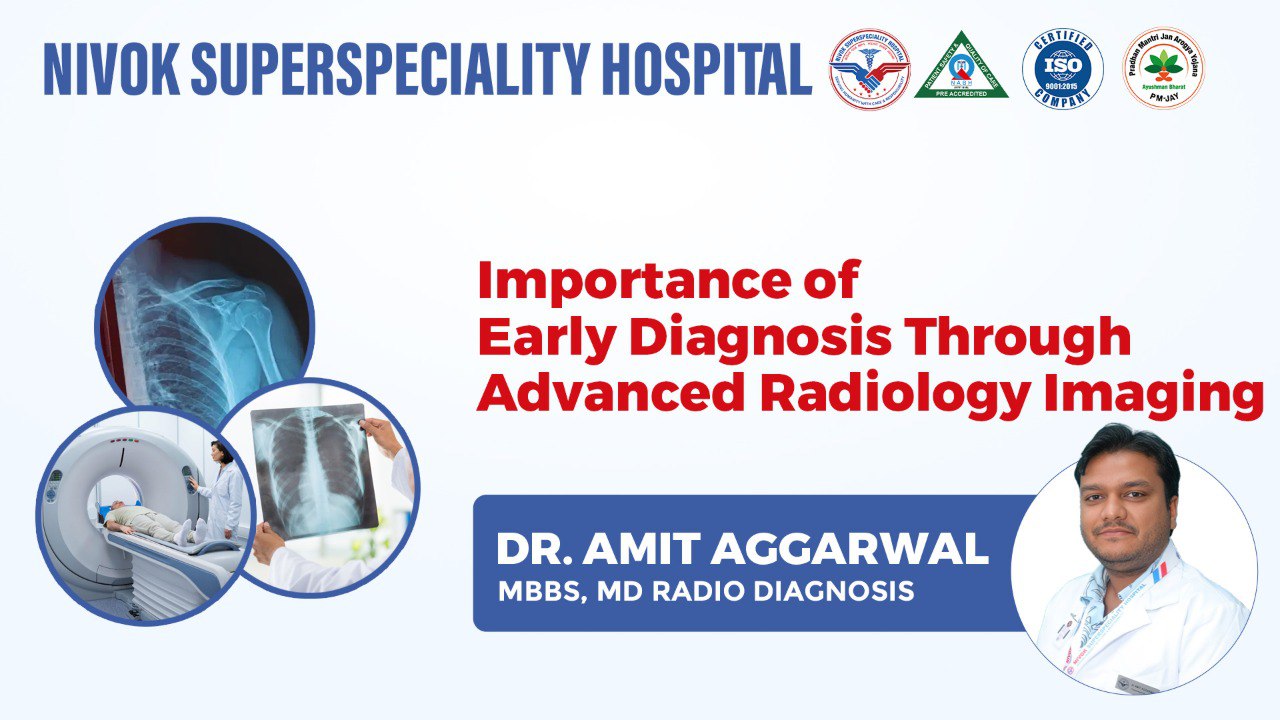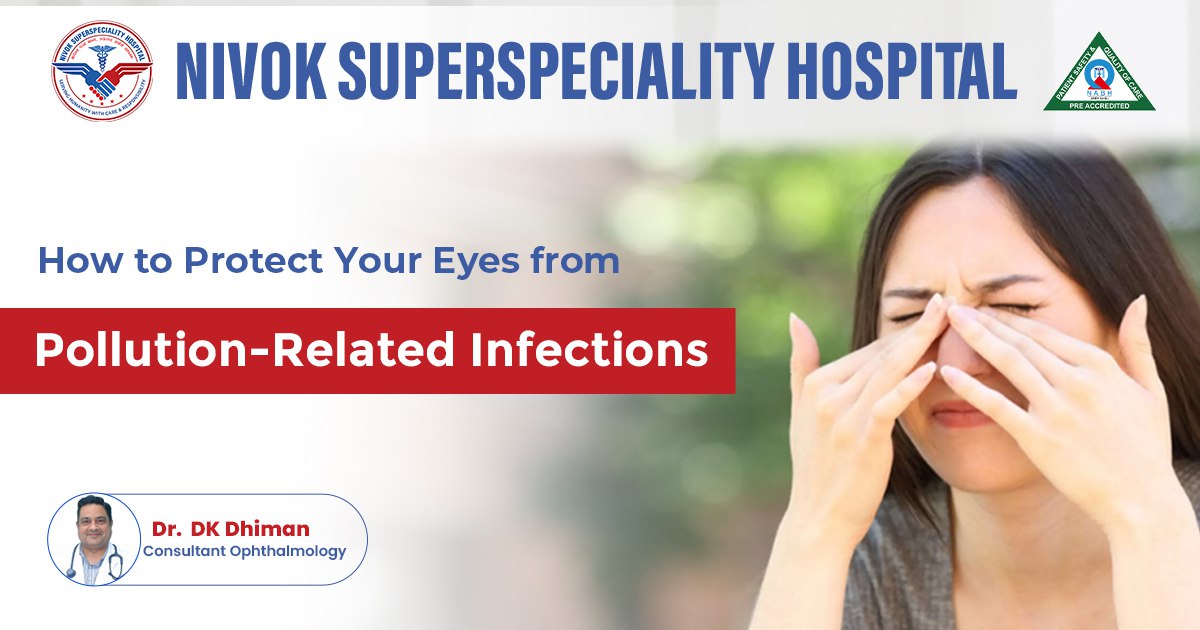
How to Protect Your Eyes from Pollution-Related Infections
With rising air pollution levels in urban areas, our eyes are increasingly exposed to harmful particles that can cause irritation, infections, and long-term damage. Dust, smoke, chemical fumes, and allergens not only cause discomfort but can also lead to serious eye conditions if preventive measures are not taken. Protecting your eyes from pollution is essential for maintaining clear vision and overall eye health.
At Nivok Superspeciality Hospital, expert ophthalmologists like Dr. D.K. Dhiman—widely regarded as part of the Best Eye Hospital in Modinagar and Muradnagar—emphasise the importance of proactive eye care, especially in polluted environments.
How Pollution Affects Your Eyes
Pollution can have both short-term and long-term effects on eye health:
- Irritation and Redness
Airborne particles can irritate the sensitive surface of the eyes, causing redness, itching, and a burning sensation.
- Infections
Dust and microbes carried by polluted air can lead to bacterial or viral eye infections, such as conjunctivitis.
- Dry Eyes
Pollution can damage the tear film, leading to dryness, discomfort, and increased susceptibility to infection.
- Allergic Reactions
Pollen, smoke, and chemicals can trigger allergic responses, causing watery, itchy, and swollen eyes.
Steps to Protect Your Eyes
Protecting your eyes from pollution involves a combination of lifestyle habits, home care, and regular medical check-ups:
1. Wear Protective Eyewear
Sunglasses or wrap-around glasses act as a barrier against dust, smoke, and pollutants. Choose glasses with UV protection to shield your eyes from harmful rays as well.
2. Practice Good Hygiene
Avoid touching your eyes with unwashed hands. Wash your hands frequently to prevent transferring pollutants and microbes into your eyes.
3. Use Lubricating Eye Drops
Artificial tears or lubricating eye drops help maintain moisture on the eye surface, reducing irritation caused by dust and pollution.
4. Maintain Indoor Air Quality
Use air purifiers at home or work to reduce exposure to fine dust particles and allergens. Keep windows closed during high pollution periods.
5. Limit Outdoor Exposure During Peak Pollution
Stay indoors when air quality is poor, especially during morning and evening hours when pollution levels are higher.
6. Eat a Nutrient-Rich Diet
Foods rich in vitamins A, C, and E, along with omega-3 fatty acids, strengthen eye health and enhance resistance to environmental stressors.
7. Regular Eye Check-Ups
Routine eye exams help detect early signs of irritation, infection, or chronic damage caused by pollution. Early intervention can prevent long-term complications.
When to Consult a Doctor
If you experience persistent redness, pain, discharge, blurred vision, or swelling, it is important to consult an eye specialist immediately. At Nivok Superspeciality Hospital, Dr. D.K. Dhiman provides comprehensive care for pollution-related eye issues. With advanced diagnostics and personalised treatment plans, patients receive expert guidance to restore and maintain healthy vision.
Final Thoughts
Pollution is an unavoidable part of modern life, but its effects on your eyes can be minimized with proper precautions and professional care. By wearing protective eyewear, maintaining hygiene, using lubricating drops, and consulting eye specialists when needed, you can safeguard your vision from pollution-related damage.
For reliable eye care in Modinagar and Muradnagar, trust Dr. D.K. Dhiman at Nivok Superspeciality Hospital, the Best Eye Hospital in the region, and take proactive steps to keep your eyes healthy and infection-free.
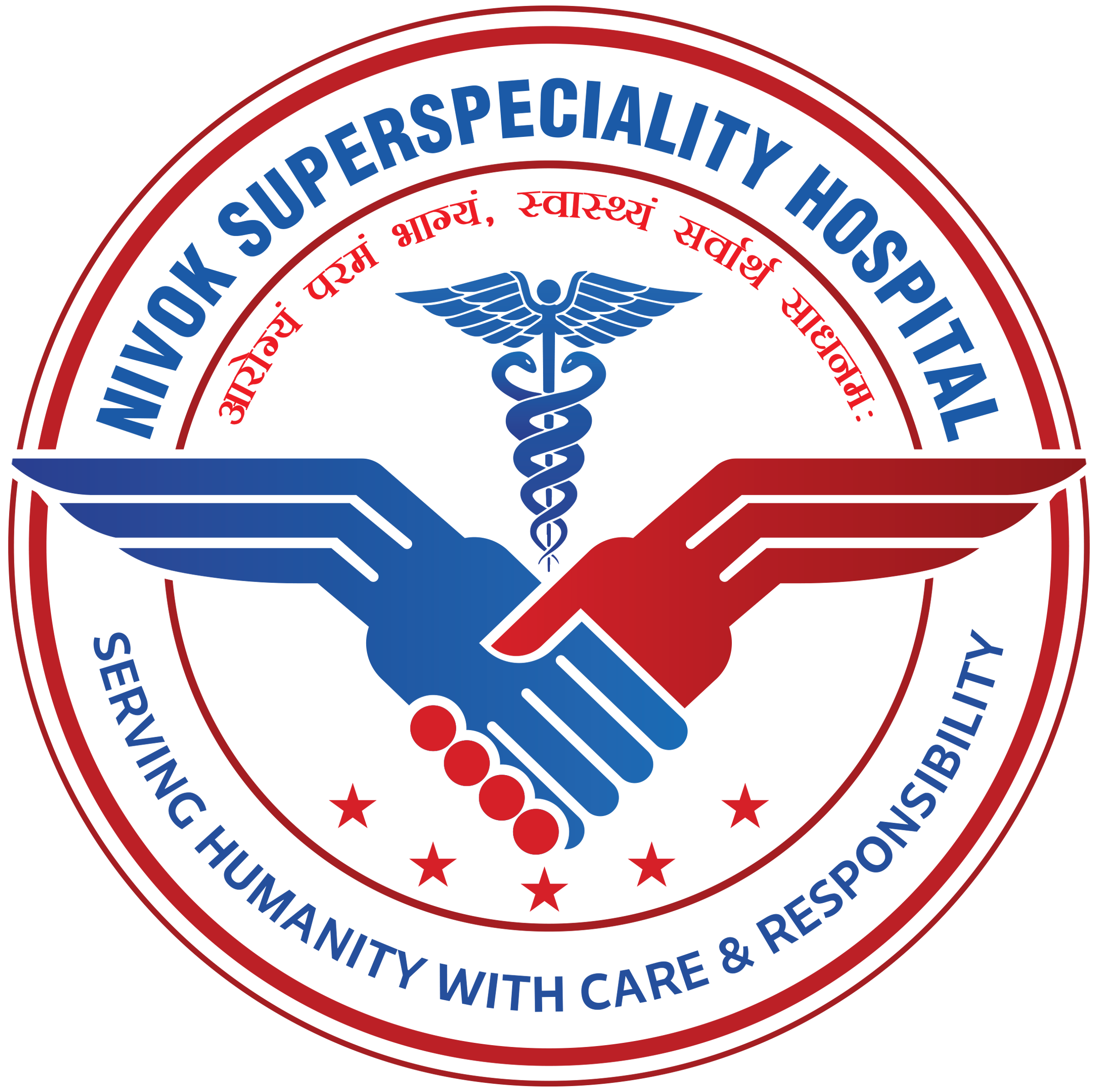

.jpg)


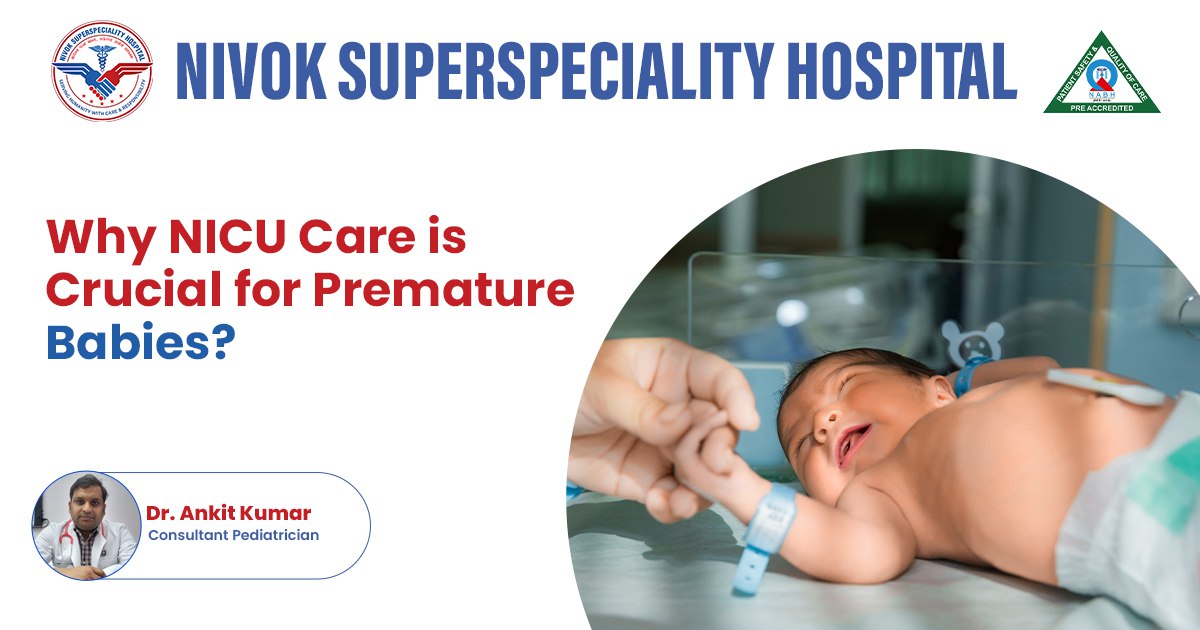
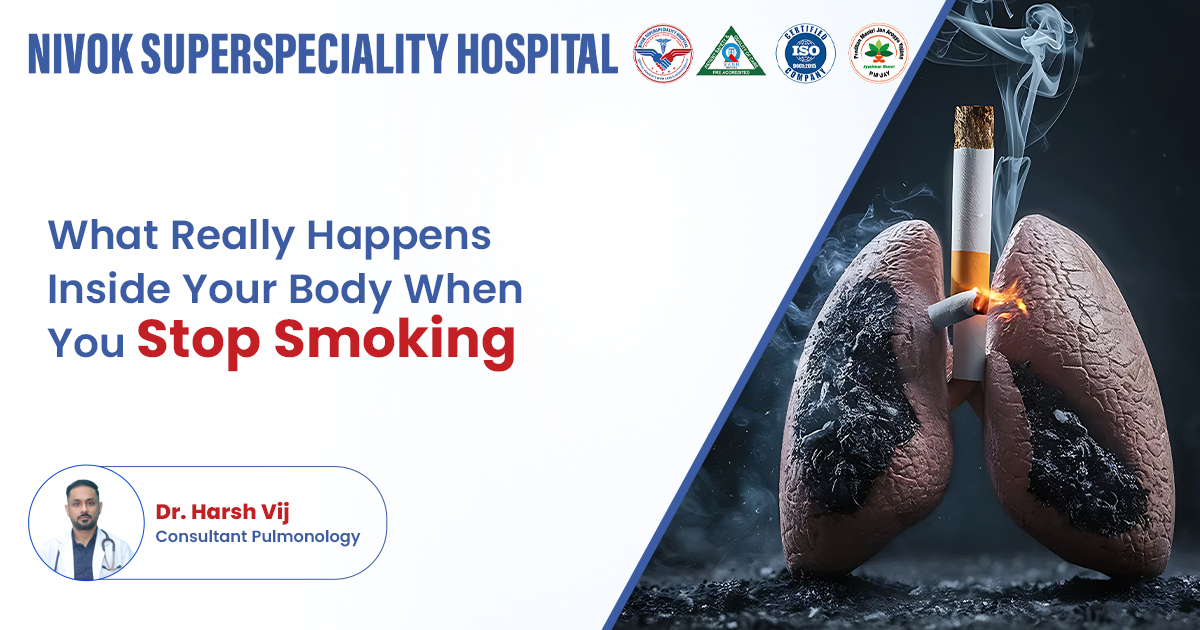




.jpg)


.jpg)

